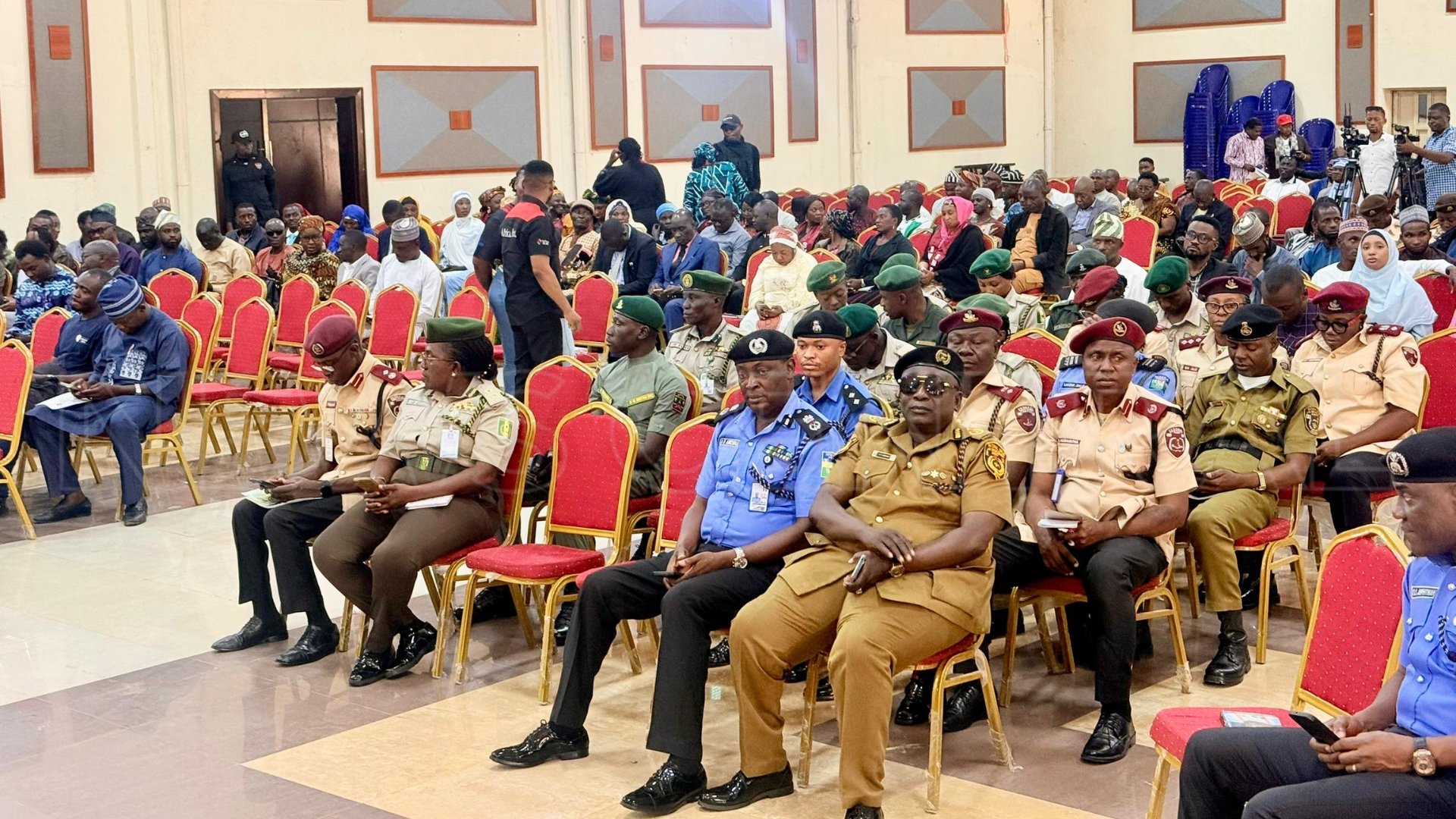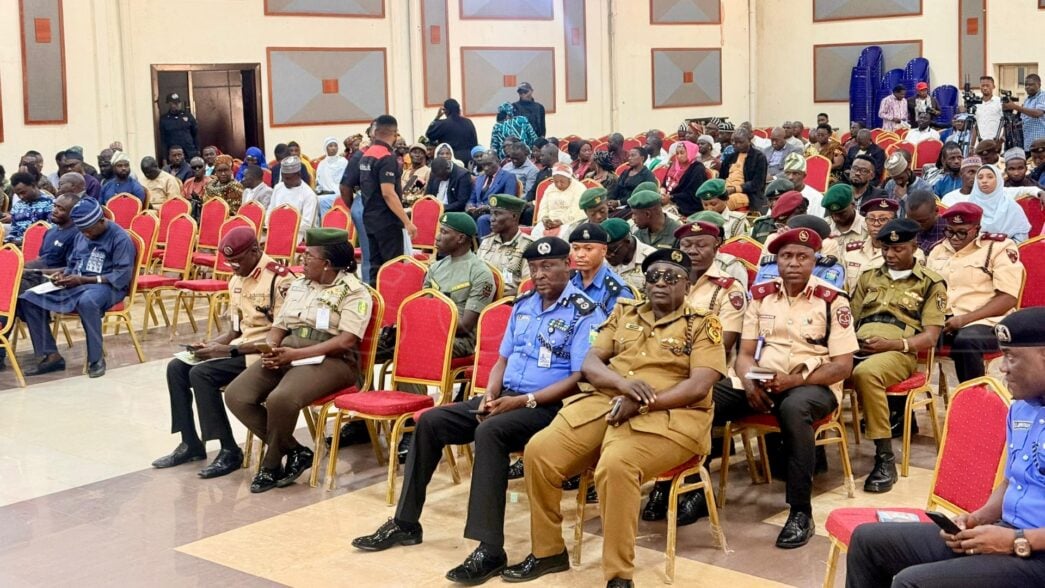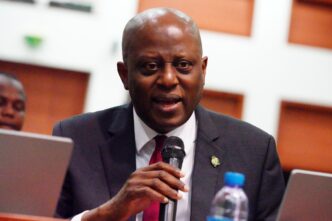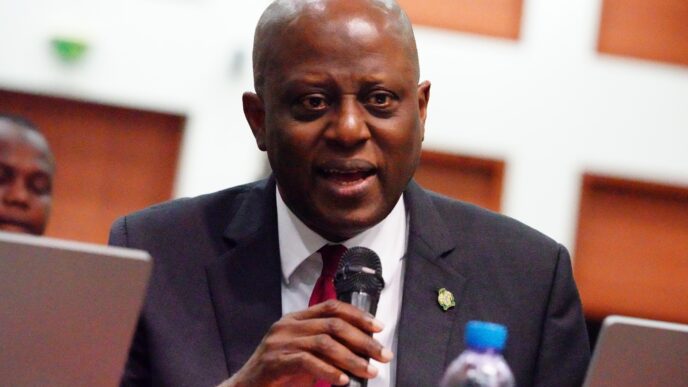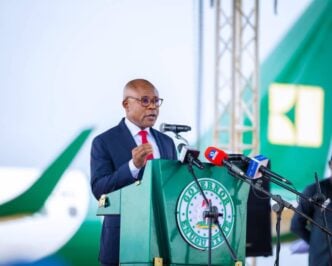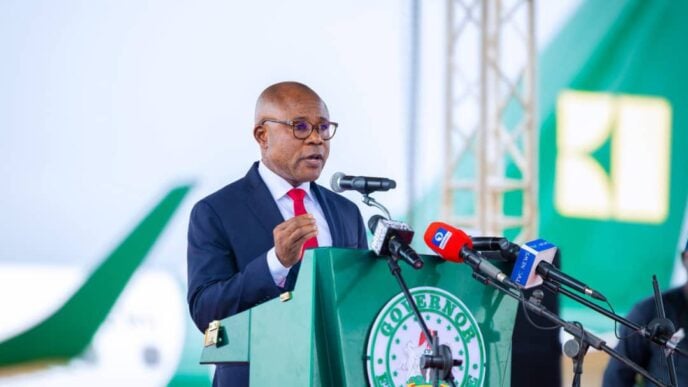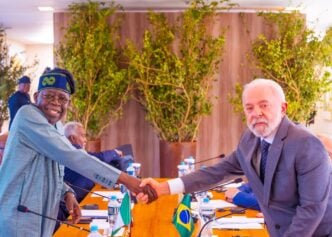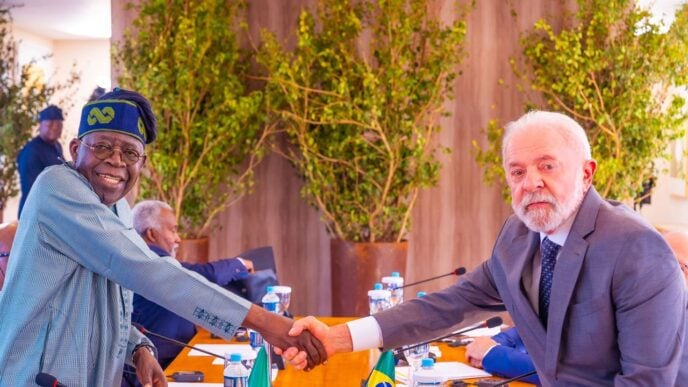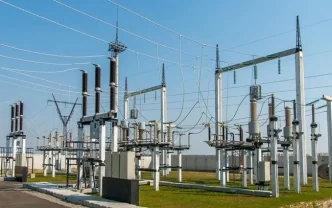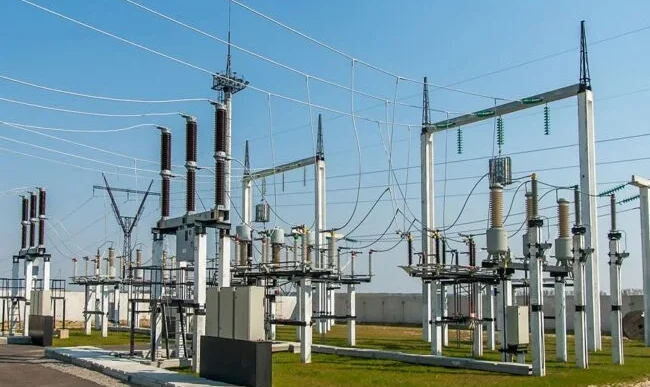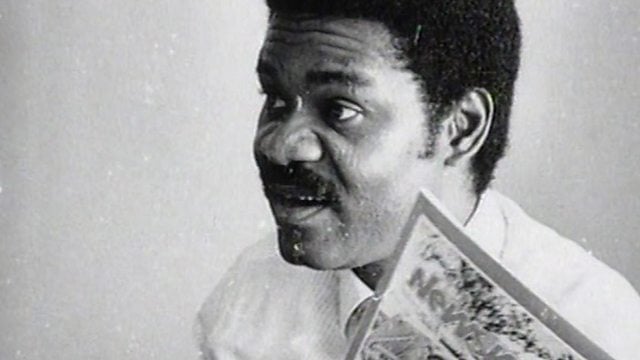News Central townhall
A few days ago, in anticipation of a crucial discussion on NewsCentralTV, I outlined the unrelenting scourge consuming Nigeria’s Middle Belt. The conversation that followed, featuring analysts, activists, and journalists directly engaged with the crisis, did not merely echo the article’s warnings—it exposed a far more profound and terrifying reality. The conflict has evolved beyond a resource war into a complex human tragedy rooted in a history of state failure, institutionalised impunity, and a terrifying suspicion of state complicity.
The panel, comprising Confidence MacHarry of SBM Intelligence, Steven Kefas of the Middle Belt Times, Dr Haroun Yusuf Ademola, Ier Jonathan-Ichaver of Sesor, Stanley Kavwam of the Middle Belt Forum, and Zariyi Yusuf of Veritas University, unanimously agreed that the government’s framing of “clashes” is a dangerous misnomer. This is not a simple dispute between farmers and herders. As the discussion revealed, the violence bears the hallmarks of targeted campaigns, described by several panellists with terms like “religious conquest” and “genocide.” This shift in terminology is critical; it moves the conversation from managing a conflict to confronting an existential assault on communities.
The historical context provided was illuminating and damning. The roots of today’s violence stretch back beyond climate change and desertification to pre-colonial slave raids and the British colonial policy of indirect rule, which placed emirate agents over diverse Middle Belt populations. This institutional legacy created a deep-seated “political underclass” mentality and hardened ethnic and religious divisions that are now being violently exploited. The crisis is not an anomaly but the manifestation of a long-festering wound.
Perhaps the most resonant theme was the catastrophic failure of the Nigerian state. The centralised police force, designed to prevent regionalism, is now utterly ineffective at providing local security. The military is often viewed as absent or, worse, complicit. This security vacuum has fostered a culture of absolute impunity, where perpetrators are rarely pursued, and victims are often further victimised by security agencies that arrest local youths instead of their attackers. The government’s initiatives, like the National Livestock Transformation Plan, were exposed as not just inadequate but as hollow performances lacking any political will for implementation. The discussion revealed a state that is not merely negligent but is, in the eyes of many, an active enabler through its inaction and politicisation of the crisis.
Advertisement
The human cost, detailed by those working on the front lines, is even more harrowing than the statistics suggest. Ier Jonathan-Ichaver and others painted a dire picture of the humanitarian catastrophe. Internally Displaced Persons (IDPs) are not just numbers; they are millions living in squalor outside official camps, abandoned by the government and reliant on overstretched host communities and NGOs. The long-term consequences—mass trauma, a generation of children deprived of education and raised amidst hatred, the utter degradation of human capital—ensure that this crisis will poison Nigerian society for decades to come.
Alarmingly, the discussion confirmed that community anger is reaching a boiling point. The justified fury over government inaction is dangerously morphing into ethno-religious antagonism, threatening to trigger cycles of revenge violence that could shatter the country even further. When a state fails to protect its citizens and dispense justice, people inevitably seek their own, often targeting innocent civilians from perceived antagonist groups.
So, where do we go from here? The solutions proposed were radical yet necessary. There is a clear consensus that tinkering at the edges is futile. We need a fundamental restructuring of security through deep decentralisation, empowering communities to have a direct stake in their own defence within a robust legal framework. There must be a genuine, impartial effort to prosecute perpetrators and, crucially, any state officials found to be complicit. Furthermore, organisations behind these attacks must be officially proscribed as terrorist groups, removing the veil of ambiguity that allows them to operate.
Advertisement
The conversation on NewsCentralTV was a stark reminder that this is Nigeria’s most urgent crisis. It is a multi-headed monster of historical grievance, criminal impunity, political failure, and humanitarian despair. The time for soft-pedalling and political correctness is over. We must call this what it is: a national emergency that demands courageous, decisive, and sustained action. The fate of the Middle Belt is the fate of Nigeria. If we allow it to fall, the entire nation will follow.
Nwanze is a partner at SBM Intelligence
Views expressed by contributors are strictly personal and not of TheCable.

